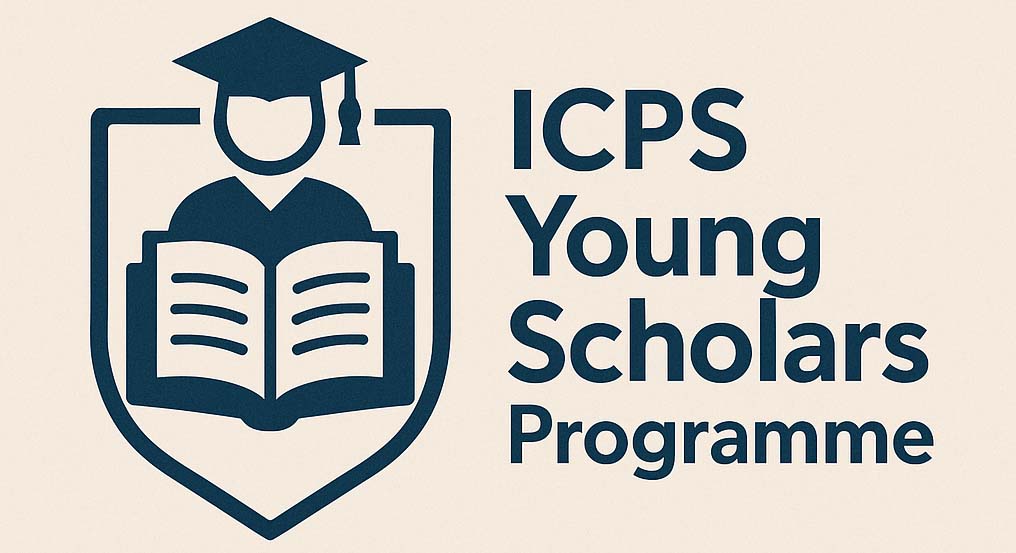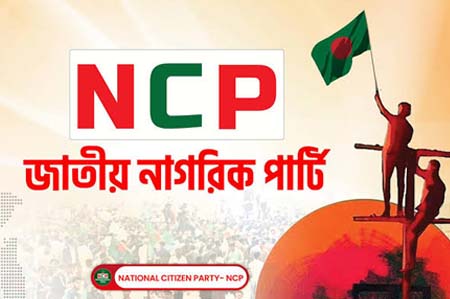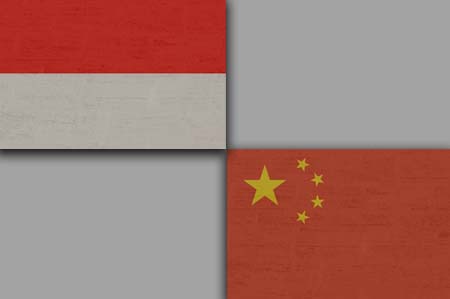



The Jatiya Nagorik Party (JNP)— born out of the Students Against Discrimination (SAD) movement, that steered the July 2024 uprising in Bangladesh— is seeking to break the decades-long dominance of the Awami League and BNP, and advocating for a Second Republic through constitutional reform and centrist, pluralist governance. As it navigates entrenched power structures and competing opposition forces, it faces both great promise and uncertain challenges in its quest to reshape the nation’s political future.

Indonesia, Southeast Asia's largest economy, balances economic ties with China while asserting its sovereignty amid tensions in the South China Sea. China's maritime claims and illegal fishing in Indonesia's Exclusive Economic Zone (EEZ) in the....

The Issue Brief examines how Pakistan’s internal dynamics impact its cooperation with China, particularly through the China-Pakistan Economic Corridor (CPEC), launched in 2015. It traces the evolution of Sino-Pak relations, highlighting their strategic....



Dr Imran Khurshid's Article on India, the Quad, and China’s Shadow: Building a Coherent Indo-Pacific Strategy published in The Diplomat.
The Quad must evolve from rhetoric to action with a unified strategy that fully integrates India and counters China’s multifront challenge across trade, tech, and security.
Mr Harsh Pandey's Article on How Do Cyprus and Croatia Fit Into India’s Europe Strategy? published in The Diplomat, Dated June 27, 2025.
Dr. Imran Khurshid's Article on published in Eurasian Times on dated June 20, 2025.
A new trilateral axis is quietly taking shape on India’s doorstep, challenging existing strategic equations. Its cooperative veneer belies deeper ambitions that may disrupt South Asia’s fragile stability.
Operation Sindoor marks a decisive shift in India’s counterterrorism strategy, combining precision strikes and escalation dominance to dismantle Pakistani terror networks.
The article highlights India’s diplomatic outreach, media bias, and Pakistan’s strategic use of international platforms to shape discourse.
Topic: “US under Trump 2.0: Issues, Challenges and Future Directions for India and the World”
Syed Eesar Mehdi's Article Published in Centre for Kashmir Analysis and Research (C-KAR) titled "Pakistan’s Social Media Disinformation Blitz: Orchestrated Propaganda Seeks to Twist Kashmir Narrative Amid Pahalgam Tragedy" on April 27, 2025.
The International Centre for Peace Studies (ICPS), New Delhi, proudly partnered with the Nelson Mandela Centre for Peace and Conflict Resolution (NMCPCR), Jamia Millia Islamia, for a one-day Graduate Conference titled “World Order in Disarray: Perspectives on Shifting Geopolitics”, held on April 25, 2025.
Syed Eesar Mehdi's Article Published in Centre for Kashmir Analysis and Research (C-KAR) titled "The Battle of Narratives and Perception: Will Pahalgam 2025 Mark the Change in Kashmir Forever?" on April 24, 2025
There was a time when Kashmir was a headline. A buzzword. A flashpoint used by talking heads and politicians far from the valley’s windswept apple orchards and snow-laced hills. It was spoken of in boardrooms, in war rooms, and in drawing rooms—anywhere but where the real people lived, where the real damage was done. But something has begun to shift, quietly but profoundly. And perhaps for the first time in decades, Kashmir is not being defined by those who seek to fragment it, but by those who have lived, endured, and are now choosing to rebuild it.
If Bangladesh continues to whitewash its past, it risks losing its national identity and the ideals that gave it independence
Given his past decisions—such as withdrawing the US from multilateral agreements like the Paris Climate Accord—Donald Trump may push to reshape the QUAD into a more security-centric framework
Comments
Countering Terror, Navigating Alliances: India’s Multilateral Challenge
Smruti S. Pattanaik
India’s fight against Pakistan-sponsored terrorism remains largely solitary despite multilateral engagements. Regional platforms like SCO, SAARC, and BIMSTEC lack enforcement strength, often hindered by China’s shielding of Pakistan.
Twisting the Sacred: How the Pahalgam Attack Exposes the Paradoxes of Faith
Ameena Alvi
The April 22 Pahalgam attack reveals how extremists weaponize religion to justify violence, distorting sacred texts and symbols. Yet, the compassionate response....
The Politics of Pre-emption: Dissecting Israel’s 2025 Assault on Iran
Syed Kamran Ali, Md Asad Uzzaman
The comment critically examines Israel’s military assault on Iran in June 2025, arguing that strategic, political, and personal motives—rather than Iran's nuclear threat—drove the decision.
Tehran-Tel Aviv Tensions: Unpacking the Volatile Standoff
Mohammed Badrul Alam
As the Israel-Iran conflict escalates, this article analyses the unpredictable interplay of military might, geopolitical variables, and potential global ramifications